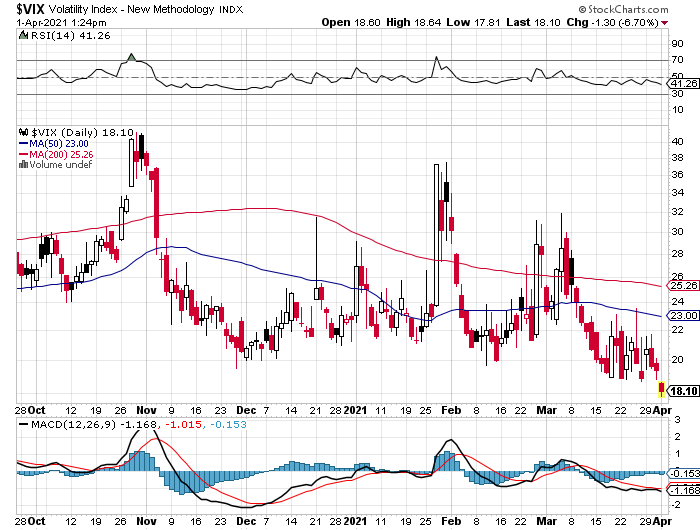Perhaps you are reading the news that single family home sales and prices are strong, and that is making you think that now may be a good time for you to sell your home. Maybe your children have finally moved out, or maybe you are concerned that your two-story home may not work for you as you get older. Maybe you are cash-poor and house-rich and want to monetize all you have built over the years and live a more simple life in a smaller home. All of these are good reasons to think about selling your home. The problem is, there are a lot of other issues that you need to consider before making the decision to list your home. Let’s consider some of these issues.

Where Are You Going To Live?
Most people need to sell their current home in order to buy another home. If your case is different, then hat’s off to you. In a seller’s market such as this, selling is the easier part. Buying a new home may be the harder part now, especially if you are looking to live in a desirable market with a paucity of housing supply. Stories abound now of listings receiving multiple offers including offers above asking price. Until you have experienced being outbid on a house you really want, you may not be battle-hardened enough to go the extra mile on a bid so that you win. You may find yourself in a situation wherein you have sold your house but have no place to move to because you weren’t successful in purchasing what you want. Keep in mind, if you are selling a less-expensive house and hoping to move to a more-expensive area or house, you are a net buyer, not a net seller, and so your focus should be on the purchase side rather than the sale side in a hot market such as this. If instead you are downsizing or moving away from the hot market, then your situation may be different. Nevertheless, consider whether the sale of your existing home or the purchase of the new home will be the tougher part of the transaction, and make sure you have the tougher side covered before addressing the easier side. Don’t find yourself having to bridge a gap by having to move in with your parents or your children or into rental housing because all of those add to the cost and to the annoyance factor of the move.
Capital Gains Taxes
If you sell your house for more than you paid for it plus what you have put into it, then you incur a capital gain, which is taxable. Therefore, all of the equity that you pull out of your current house may not be available to you for a down payment on the new house. Fortunately, the IRS does provide relief for this. When you sell your house, you can exclude up to $250,000 of capital gains from being subject to capital gains tax – and up to $500,000 if you are married filing jointly. You need to have lived in your house as your primary residence for at least 2 of the 5 years prior to selling the house to qualify for the capital gains exclusion, and you can still qualify for at least a partial exclusion if you have extenuating circumstances such as death, divorce, military service, or job relocation. For most people in most housing markets, these exclusions are sufficient to cover their capital gains, but in some markets and where people have owned their current house for a long time, they may not be able to exclude all of their capital gains. Consult your tax expert with your specific situation before moving forward under any assumption that you can exclude part or all of your capital gains. Make sure you have a record of money you have put into your house that might have added to its basis and therefore would work to minimize any capital gains taxes.
New Property Taxes
Some states, such as California with Proposition 13, have caps on how much their property taxes can be raised each year. If you live in such a state and your home has appreciated in value during the years you have lived there, your current property taxes may be artificially low. If so, when you buy your new house, your new property tax bill will be based on what you paid for the new house, meaning you could pay a lot more in property taxes on the new house than you did on the prior house. Now, California also has a law that allows some people (Seniors) to purchase a new property within their current County (plus some but not all other Counties) and retain their old tax basis. However, absent such a provision in your state, you may be faced with a much higher property tax bill when you buy a new house.
Other Issues
Do you really want to move into a new house and start again from Square One with respect to your social and community life? Are there so many memories tied up in your existing house that you can’t bear to leave? Does the thought of moving horrify you? It may be too much for some people, but for others, perhaps those seeking to be closer to medical care or to grandchildren or other family members, such change may be desirable. Such non-financial issues are certainly valid issues related to the decision of whether or not to sell your home.
IMO
A lot of people look at these and other issues and decide it isn’t worth it to sell their current home, even in such a hot seller’s market. This is one of the reasons that demand far outstrips supply and that you have multiple offer situations with some listings. Yet, the hot market is tempting, and the market should remain strong as long as the supply/demand equation remains tilted as it currently is and as long as mortgage rates remain relatively low. Talk with tax experts and consider your own situation before making the big decision of whether to sell your house now or not.




